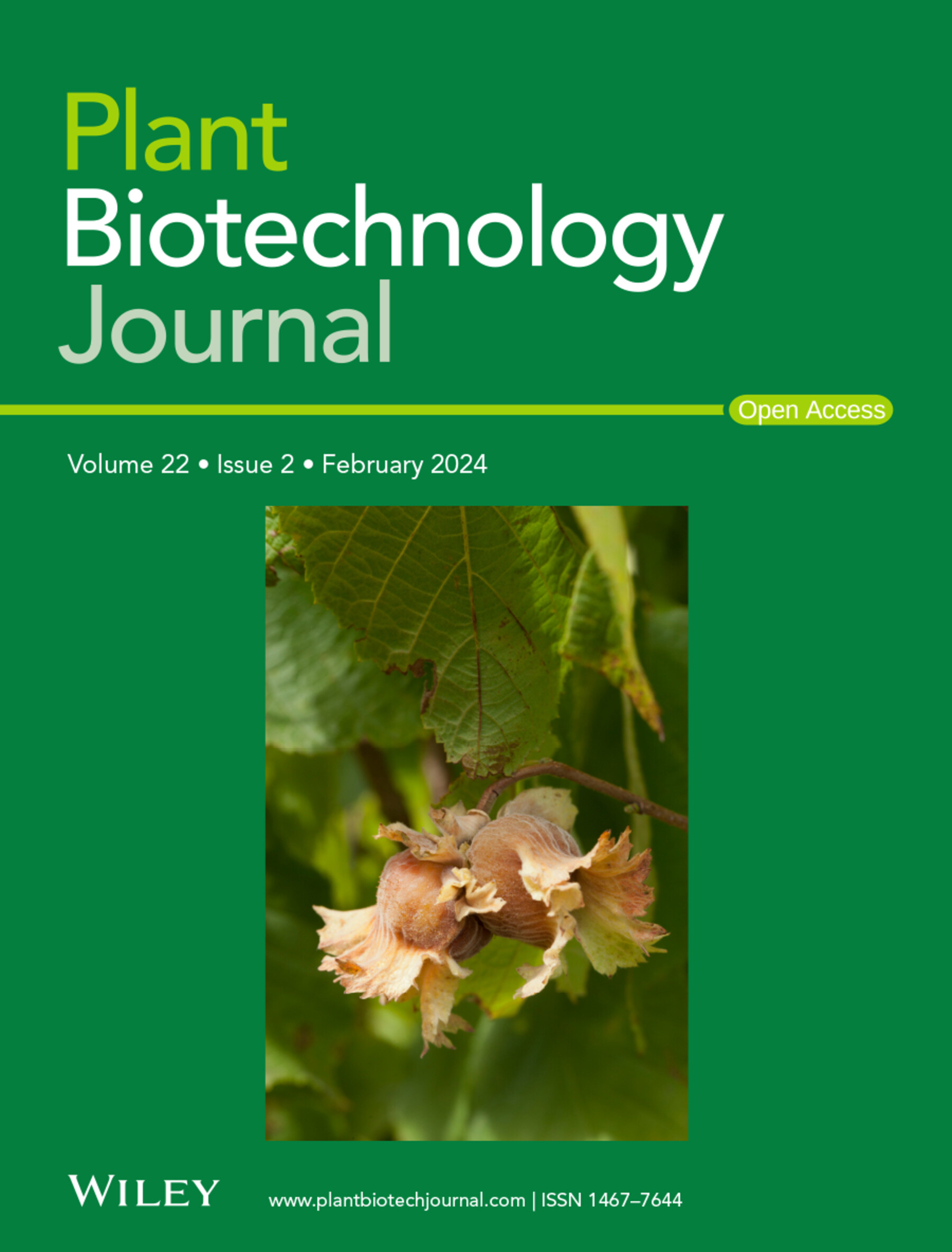利用宿主DNA耗竭技术推进植物微生物组研究
IF 10.5
1区 生物学
Q1 BIOTECHNOLOGY & APPLIED MICROBIOLOGY
引用次数: 0
摘要
植物为各种微生物提供了生态栖息地,因此精确的宏基因组测序对于理解支持植物生长、发育和抗病的复杂相互作用至关重要。然而,宿主DNA污染是植物微生物组研究的主要挑战,它模糊了微生物的遗传特征,使微生物基因组的准确分析复杂化。本文综述了目前宿主DNA消耗策略的全面概述,包括物理分离(如过滤、梯度离心)、选择性裂解和针对植物细胞壁的酶处理。先进的技术,如磁珠靶向序列捕获、甲基化富集和纳米孔选择性测序,为宿主DNA去除提供了额外的选择。尽管取得了这些进展,但目前的方法在效率、特异性和适用性方面仍然面临挑战,这强调了定制策略和探索微生物富集新方法的必要性。提出了CRISPR-Cas9和基于染色质免疫沉淀的宿主DNA耗尽方法等创新方法,为解决当前的局限性提供了新的方向。开发和完善适合植物系统的宿主耗竭技术对于实现高分辨率、高成本效益的宏基因组研究至关重要。这些努力有望加深我们对微生物多样性和功能的理解,最终加速作物改良、可持续农业和生态系统恢复力方面基于微生物组的创新。本文章由计算机程序翻译,如有差异,请以英文原文为准。
Advancing Plant Microbiome Research Through Host DNA Depletion Techniques.
Plants provide ecological habitats for diverse microorganisms, making accurate metagenomic sequencing essential for understanding the complex interactions that support plant growth, development and disease resistance. However, host DNA contamination poses a major challenge in plant microbiome studies, obscuring microbial genetic signatures and complicating the accurate analysis of microbial genomes. This review provides a comprehensive overview of current host DNA depletion strategies, including physical separation (e.g., filtration, gradient centrifugation), selective lysis and enzymatic treatments targeting plant cell walls. Advanced techniques such as targeted sequence capture with magnetic beads, methylation-based enrichment and nanopore selective sequencing offer additional options for host DNA removal. Despite these advances, current methods still face challenges in efficiency, specificity and applicability, emphasising the need for tailored strategies and the exploration of novel approaches for microbial enrichment. Innovations like CRISPR-Cas9 and chromatin immunoprecipitation-based host DNA depletion methods are proposed to provide novel directions for addressing current limitations. The development and refinement of host depletion techniques tailored to plant systems are crucial for enabling high-resolution, cost-effective metagenomic studies. These efforts promise to deepen our understanding of microbial diversity and functionality, ultimately accelerating microbiome-based innovations in crop improvement, sustainable agriculture and ecosystem resilience.
求助全文
通过发布文献求助,成功后即可免费获取论文全文。
去求助
来源期刊

Plant Biotechnology Journal
生物-生物工程与应用微生物
CiteScore
20.50
自引率
2.90%
发文量
201
审稿时长
1 months
期刊介绍:
Plant Biotechnology Journal aspires to publish original research and insightful reviews of high impact, authored by prominent researchers in applied plant science. The journal places a special emphasis on molecular plant sciences and their practical applications through plant biotechnology. Our goal is to establish a platform for showcasing significant advances in the field, encompassing curiosity-driven studies with potential applications, strategic research in plant biotechnology, scientific analysis of crucial issues for the beneficial utilization of plant sciences, and assessments of the performance of plant biotechnology products in practical applications.
 求助内容:
求助内容: 应助结果提醒方式:
应助结果提醒方式:


